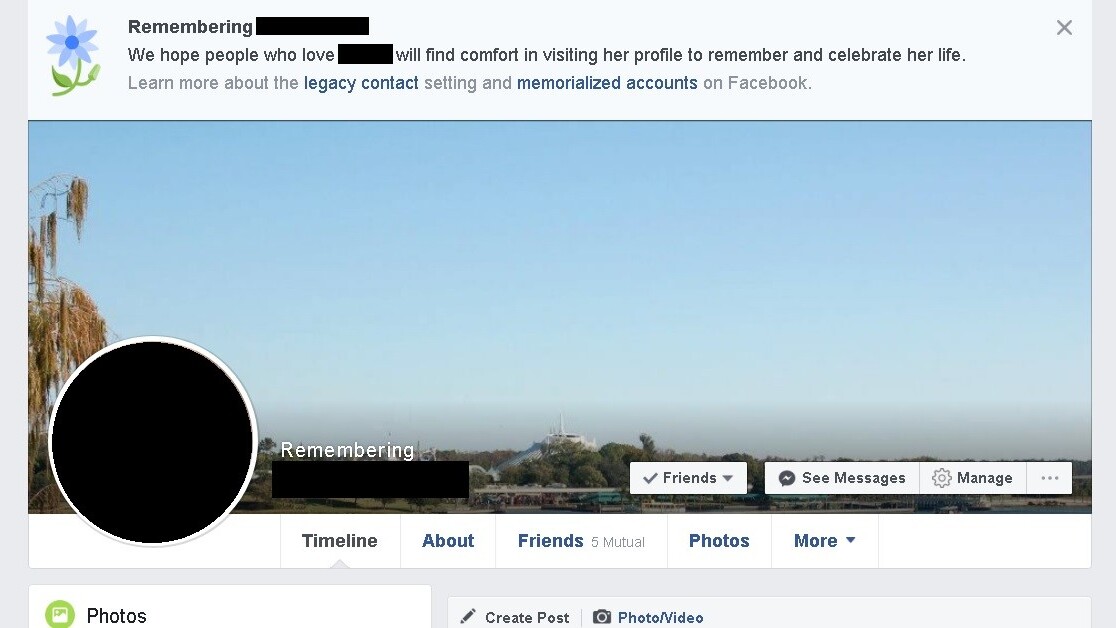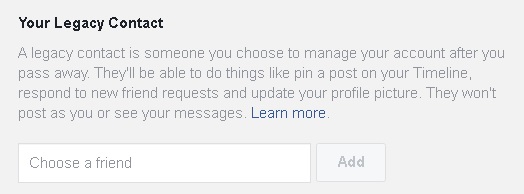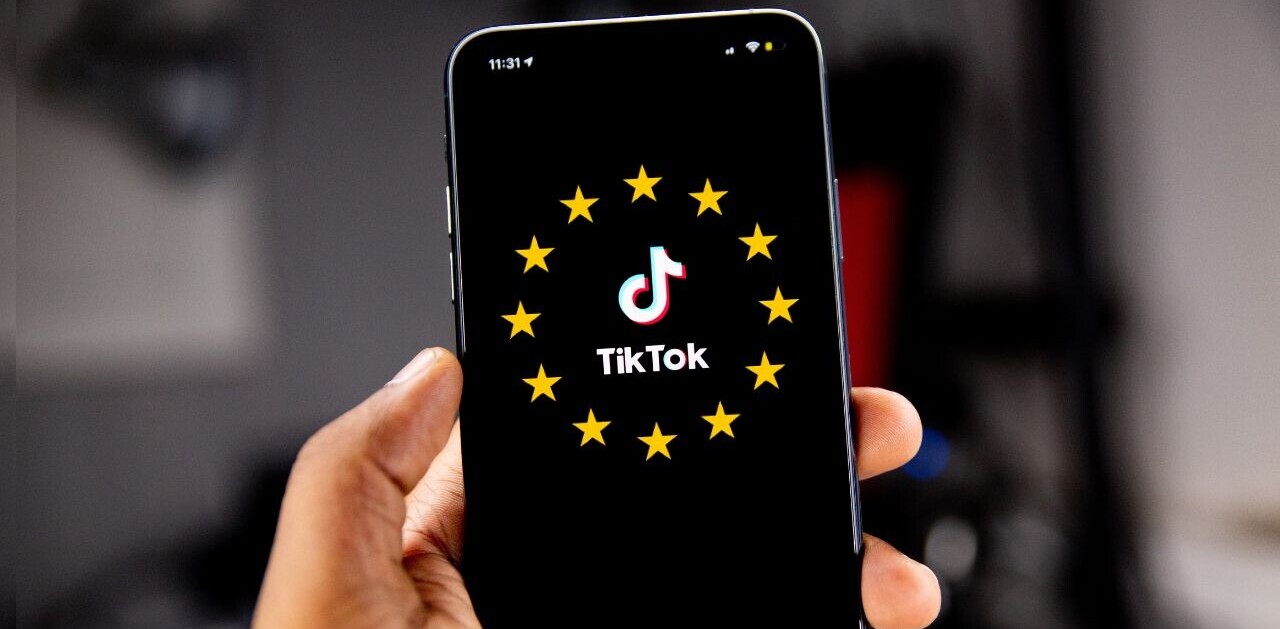
Welcome to TNW Basics, a collection of tips, tricks, guides, and advice on how to get the most out of your gadgets, apps, and other stuff.
Of all the things you want to do after losing a loved one, cleaning up their social media profiles will probably be at rock bottom on the list. And even when you do get around to it, it can be needlessly complicated, requiring your loved ones to provide proof of your death, deleting your accounts, and possibly downloading your information so as not to lose it.
If you want to avoid that, you can use Facebook’s legacy system. Doing so allows one trusted person to look after your account after your death, and it also turns your profile page into a memorial to your life.
What is a “legacy contact?”
If you want to plan ahead for a time when you’re not around, you can choose a particular friend to look after your account. This person is your legacy contact, and they’ll be allowed to have limited access to your account after your death. Needless to say, this should only be someone you truly trust.

To designate a legacy contact, go to your settings. Under the “general” tab, you’ll find an option that says “Manage account.” This is where you can also deactivate your account while you’re still alive, as well. From this page, you can select which of your friends (and you must be Facebook friends with them) you want to be your legacy contact. Once you do, Facebook sends the friend an email explaining that you’ve selected them and what this means.
If you don’t want your profile to be memorialized, you can also request that your account be deleted once proof of your demise is submitted. This option is also available on the Manage account page.
Legacy’s responsibilities
So what happens to your account after you die, assuming you’ve nominated a legacy contact? First, someone will have to submit proof of your death to Facebook. To do this, fill out a memorialization form, and include an obituary of the person. Once your request has been processed, the account will be memorialized and the legacy contact is allowed access. A memorialized account is marked by the word “Remembering” over the person’s name. Accounts without a legacy contact can’t be modified.
A legacy contact doesn’t completely take over a memorialized account. They can’t post as the deceased, nor can they send messages in their name. They can change the profile and cover photos, respond to friend requests, and pin a tribute post to the profile. They can also download your Facebook information for safekeeping.

A family member (any one with authority over your estate, not just the legacy contact) can also request the account’s deletion, rather than memorialization, but this requires quite a bit more paperwork. According to Facebook Support, you must submit a scan of the death certificate, or, if you don’t have it, an obituary and proof of authority — meaning your loved one’s last will and testament or power of attorney.
Instagram memorial
While it lacks the legacy contact feature, Instagram also has a memorialization feature. You can use it by filling out this form and including proof of death. A memorialized account remains just as it was when the deceased last used it, with pictures and videos intact. It doesn’t outwardly appear any different from an active account, but it will no longer appear on the public Explore page.
The positive side to this is that Instagram locks the memorialized account, meaning it can’t be logged into or changed in any way. Sites that don’t have this kind of system leave the accounts of deceased persons vulnerable to hacking — it happens far too often on Twitter. According to Instagram support, they also “try to prevent references to memorialized accounts from appearing on Instagram in ways that may be upsetting to the person’s friends and family.”
As with Facebook, requesting that an Instagram account for a deceased family member be deleted is actually harder than memorialization. To accomplish it, you need to submit their birth and death certificates, as well as “proof of authority under local law that you are the lawful representative of the deceased person, or his/her estate.”
Dealing with a loved one’s loose ends after their death can be a difficult task. Nominating a Facebook legacy contact can make the task of cleaning up your digital life easier.
Get the TNW newsletter
Get the most important tech news in your inbox each week.




